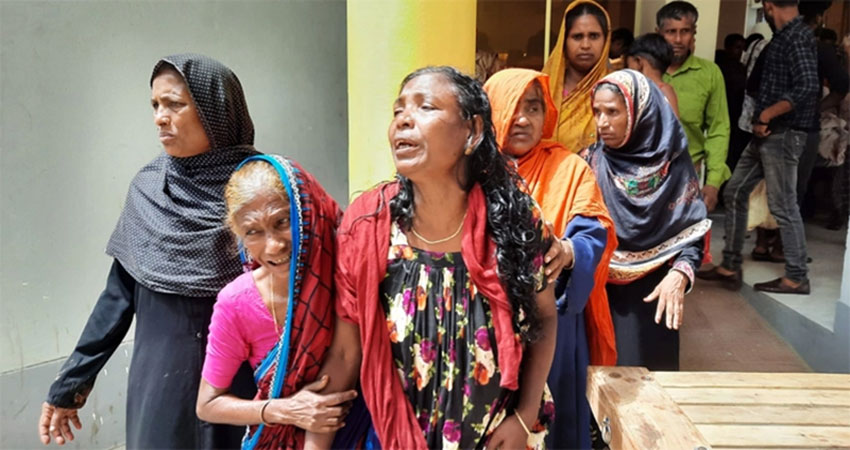A pilot training focusing on tools and methods for SDG localization, organized by GIZ Bangladesh jointly with the National Institute of Local Government (NILG) of the LGRD Ministry, was held at Hotel City Inn, Khulna recently. The training was conducted to give the city officials an overview of the application of different tools for SDG implementation, which can be customized to the cities’ own context. Around 30 officials from Khulna City Corporation (KCC), the National Institute of Local Government, and the Prime Minister’s Office took part in the pilot training.
Urban areas play a big role in tackling the adverse impacts of climate change and achieving the Sustainable Development Goals (SDGs) in due time. In alignment with this, Bangladesh has devised several plans and strategies to achieve SDG targets by the year 2030. However, there is a need to localize the implementation of these plans, taking into account the needs and context of local communities. To help city corporations and municipalities in Bangladesh for localizing SDGs, tools and methodologies have been developed. These tools and methodologies have been piloted at KCC to collect feedback from the officials at the field level.
The training covered different topics, including tasks of the local government for SDG achievement, tools for stakeholder analysis and engagement, ways to mobilize resources to support local action, and challenges and opportunities at the local level regarding climate action and resilience.
Talukder Abdul Khaleque, Mayor, KCC and the chief guest of the event, said, “it is very important to integrate SDGs in the development planning for reaching all of the 17 sustainable development goals by 2030.”
Saleh Ahmed Mujaffor, Director General of NILG and the special guest of the training programme, described the role of NILG in the capacity strengthening of Local Government officials.
Dr. Firdaus Ara Hussain, Principal Advisor, ICICF project of GIZ Bangladesh, stated, “In Bangladesh, the German Development Cooperation has aligned itself with the priorities of the Government of Bangladesh in addressing climate change and achieving the Sustainable Development Goals.”
Training such as this serves as important means to strengthen the capacities of local government institutions (LGIs) in Bangladesh to implement the SDG 2030 Agenda. The ‘Improved Coordination of International Climate Finance (ICICF)’ project, run by GIZ Bangladesh, has been working closely with the National Institute of Local Government (NILG) and the Governance Innovation Unit (GIU) under Prime Minister’s Office on this front.



















